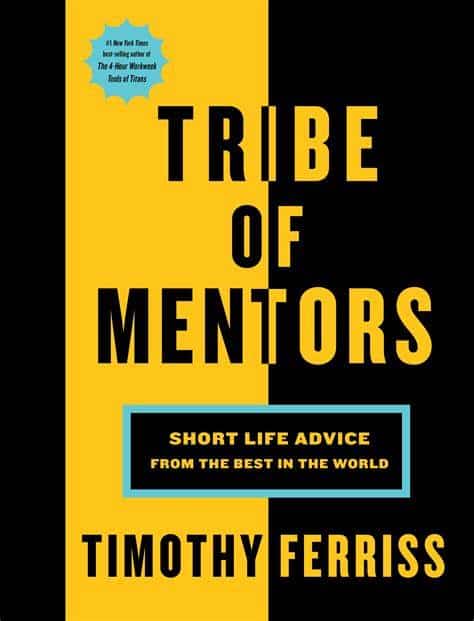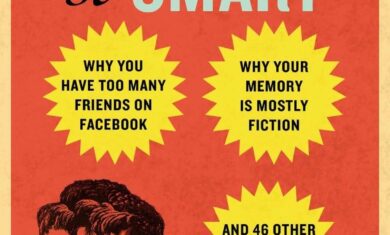Digging into “Tribe of Mentors” by Tim Ferriss (see all previous questions here), he asks:
In the last five years, what have you become better at saying no to (distractions, invitations, etc.)? What new realizations and/or approaches helped? Any other tips?
There were a ton of great answers in the book, and here are a few of my favorites.
Kyle Maynard shared a great tip for ranking candidates when sorting through people for a new job opening:
My biggest shift came after listening to a successful CEO talk about his philosophy for hiring people. When his company grew and he ran out of time to interview people himself, he had his employees rate new candidates on a 1–10 scale. The only stipulation was they couldn’t choose 7. It immediately dawned on me how many invitations I was receiving that I would rate as a 7—speeches, weddings, coffees, even dates. If I thought something was a 7, there was a good chance I felt obligated to do it. But if I have to decide between a 6 or an 8, it’s a lot easier to quickly determine whether or not I should even consider it.
When it comes to saying no, Terry Crews has a great way to frame things:
One approach I use is imaginary great-grandchildren. I talk to them all the time. I ask them about decisions and relationships and whether or not to continue them. They tend to speak loud and clear. “Grandpa, you shouldn’t do this, or you need to leave these people alone because we will be affected negatively, or worse, we won’t exist.”
Julia Galef is working to avoid consuming media that she already agrees with:
One distraction I’ve learned to avoid is consuming media that’s just telling me things I already know and agree with (for example, about politics). That stuff can be addictive because it feels so validating—it’s like venting with a friend—but you’re not learning from it, and over time, I think indulging that impulse makes you less able to tolerate other perspectives. So I broke my addiction by, essentially, reminding myself how much time I was wasting not learning anything.
The idea of “opportunity cost” is something I’ve been working on, and John Arnold sums it up very nicely:
I had not appreciated the maxim “Time is money” until recently. But for those whose time is a scarce resource, learning to say no to meetings is a necessary skill. Sitting through an unproductive meeting has huge opportunity costs. It seems obvious, but people struggle with equilibrating time and money. There are many organizations that fret over small, direct expenses, yet have no misgivings about keeping superfluous staff tied up in a conference room for hours. In recent years, I have become better at judging the opportunity cost of time.
The last one I’ll share from the book is from Jon Call, and it feels like he’s speaking directly to me:
I’ve gotten better at telling my brain “no” when it wants to relate to conversation with a “bigger” story. What I mean is, somebody might be telling me a story about an experience they had, while I have a related story that sounds even bigger or more dramatic than theirs. Rather than wait for a moment to jump in with mine, I’ll just let that desire go and ask them more questions about their experience. What I’ve discovered is incredible: the loss of the opportunity to possibly impress someone is far outweighed by what I learn when I ask more questions. There is always something else to their story that will amaze you. Don’t expect that what they start with is as exciting as it will get. Ask and encourage them to say more!
For me, the big one I’ve been working on is turning down clients that aren’t a great fit for us. With a team of nine, the idea of ever missing payroll is on my mind a lot. We never have, and I hope we never will, but focusing on that too much has led me to take on ill-fitting projects in the past.
If I’m able to step back and use greater discernment when choosing whether or not to take on a particular client, the end result is better for everyone.
What have you been better about saying “no” to lately?




